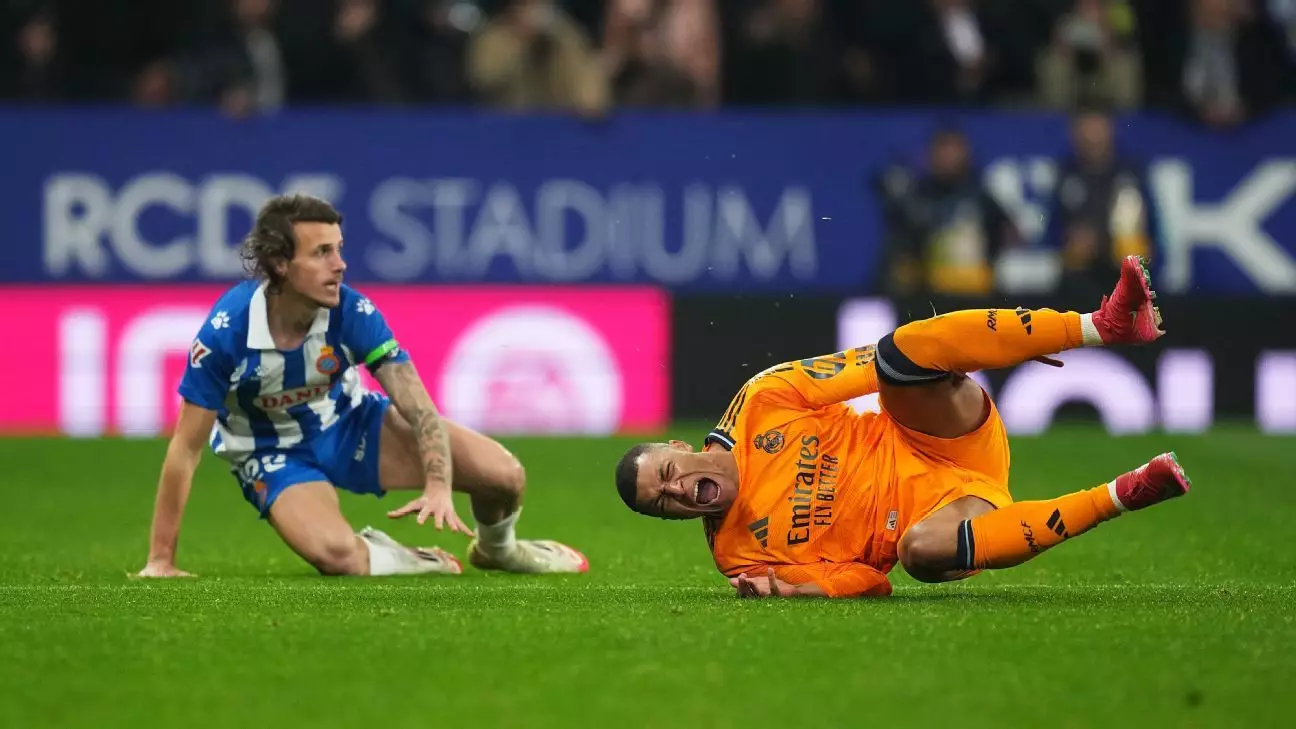The recent decision by the Spanish Football Federation (RFEF) to overhaul its refereeing structure has sent shockwaves through the football community. The dismissal of Luis Medina Cantalejo, head of the Technical Committee of Referees, and Carlos Clos Gómez, in charge of VAR operations, signifies more than just a change in leadership; it marks the dawn of a pivotal shift in how officiating is approached in Spanish football. Historically, Spanish refereeing has been rife with controversies, and this bold move is an acknowledgment of the pressing need for reform.
President Rafael Louzan has openly acknowledged the dissatisfaction surrounding referee decisions, particularly from influential clubs like Real Madrid, whose grievances about officiating errors have been well-documented. The federation’s strategy to create a dialogue-based reform group, comprising representatives from various stakeholders, reflects a progressive attitude toward tackling long-standing issues. This shift in attitude is crucial—rather than merely reacting to external pressures, this proactive approach signals a commitment to transparency and accountability.
A New Era of Accountability and Transparency
The decision to change leadership is not just a symbolic act; it is a strategic maneuver aimed at reinvigorating public trust in the officiating process. With clubs like Real Madrid pointing fingers and formally protesting, the RFEF’s acknowledgment of their complaints indicates a desire to root out inconsistencies and establish a more reliable system. The investigation surrounding the Negreira case—where allegations of financial misappropriation have surfaced—has highlighted systemic weaknesses, pushing the RFEF to reevaluate its existing frameworks.
This newfound emphasis on accountability must extend beyond merely changing faces at the top. True reform will require a thorough examination of the training, evaluation, and deployment of officials at all levels. The public perception of officiating can only be salvaged through sustained efforts to improve the quality and consistency of decisions. The RFEF’s commitment to this end will be illustrated through its forthcoming announcement regarding the new structure of the Technical Committee of Referees.
Broader Implications for Spanish Football
As much as this restructuring is rooted in addressing immediate grievances, it possesses broader implications for Spanish football overall. The RFEF’s approach could set a precedent for other footballing nations grappling with similar challenges in officiating. By prioritizing dialogue among referees, clubs, and governing bodies, Spain could foster a model that enhances the integrity of the sport while ensuring all stakeholders have a voice. Changes such as these may also yield positive repercussions on the international stage, showcasing a commitment to high standards that could enhance Spain’s reputation in global football.
Moreover, the importance of technology, especially VAR, in modern football cannot be overstated. The RFEF must ensure that the new leadership not only utilizes VAR effectively but also engages in continuous education about its role and limitations among players and fans alike. This engagement could demystify VAR, transforming it from a source of frustration into a valuable tool for enhancing the game’s integrity.
In essence, this is a critical juncture for Spanish football. By decisively addressing these long-standing issues in officiating, the RFEF stands not only to improve the competitive landscape but also to restore faith among fans who have grown increasingly distrustful of the integrity of their game. The challenge ahead is steep, but the potential rewards—a more transparent, accountable, and respected officiating system—could redefine the landscape of Spanish football for generations to come.

